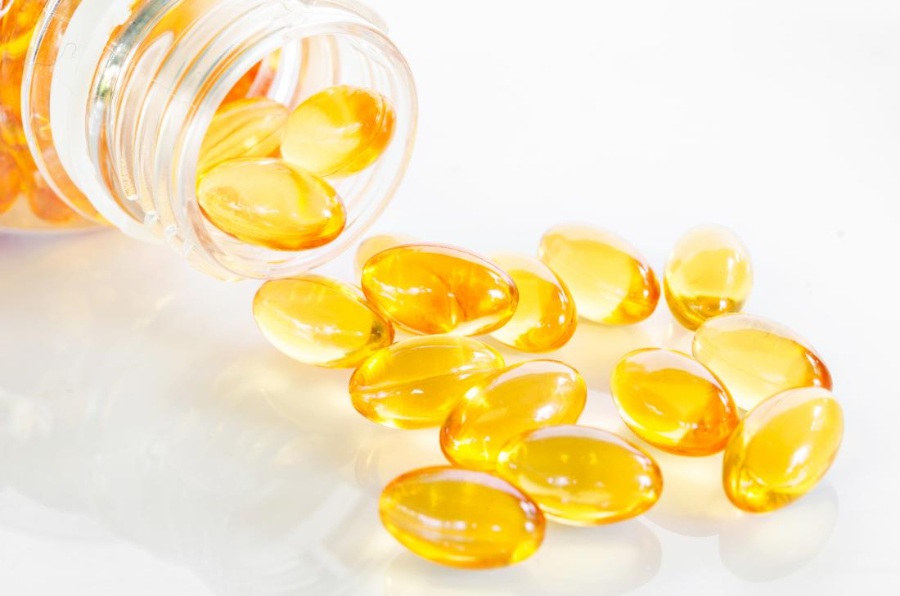Five skincare tips that you need to put in practice this winter
- By Web Desk -
- Nov 23, 2020

Winter is knocking on our doors once again, bringing with it a much-welcomed chill after an extended summer. However, while the cold weather may be a respite from daunting heat, it is also likely to spell havoc on your skin.
Dry, flaky and irritated skin are a part and parcel of the temperature hitting low and you may want to reach out to that one favourite face oil to moisturise and scrub to plough away the dead skin, but as with every skincare routine, there is a method to the madness known as winter skincare!
Not to worry, though, because combating dry and dehydrated skin is not as hard as it may seem. If you are looking for simple ways to take care of your skin as the seasons turn, here are five things to consider, as compiled from British Vogue.
Make sure your skin barrier is strong

You may notice your skin feeling tight, irritated or itchy all of which are signs of dehydrated skin, which in turn is a direct indicator of skin barrier disruption.
“As we move into winter, our skin is exposed to variations in temperature and humidity, as well as wind and rain, which can place stress on our delicate skin barrier,” explains consultant dermatologist Dr Thivi Maruthappu. Excessive use of stripping products and external factors like pollution can also affect it.
Dr Maruthappu recommends using products with niacinamide in them as it “increases ceramide production in the skin, is anti-inflammatory and fights uneven pigmentation.” You can also incorporate creams with ceramides in them in your skincare routine.
Develop a staunch nighttime routine
Nighttime is when our skin slips into the restore and repair mode, so its imperative that we pay more attention to what goes on our faces before we hit the bed. Facialist Debbie Thomas says using a non-drying acid cleanser followed with an active ingredient and a ceramide-rich moisturiser can be your best bet for a healthy looking skin!
Thomas recommends alternating retinol and peptides as actives, but with caution; retinol is drying as it is so the combination of winter air and retinol may be too much for some. “My main advice is not to overdo it,” she says.
Vitamin D supplements are a must!

Winter means less sun on our skin, which means less vitamin D in our systems. That is not exactly ideal because our skin loves vitamin D. “Vitamin D is key for the skin’s defenses. Inflammatory conditions, like acne, rosacea, and eczema often flare up when we are deficient in it,” shares Thomas.
Vitamin D deficiency can also mean bad mood spells, which lead to hormonal imbalances and ultimately wrecked skin. So, make sure to stock up on vitamin D supplements this winter!
Cut down on exfoliation
Exfoliation dead skin away from your face may seem like the only reasonable option at times when your skin is all flakes galore, but it is not the best idea! Excessive physical exfoliation can damage the skin barrier leading to even more skin issues.
“I tend to advise reducing the frequency of exfoliation to once or twice a week, and avoid combining physical exfoliants, like grainy scrubs, with chemical exfoliants, like alpha or beta hydroxy acids, as this can lead to redness and irritation,” says Maruthappu.
The best thing you can do for your skin is to keep your routine simple and gentle.
Add more antioxidants

Our skin is more exposed to micro-toxins in the air during winter time because of spending extended amounts of time cooped up inside. This means less fresh air surrounding us which can wreak havoc on our skin. “Recycled air has more toxins in it and central heating removes water from the atmosphere, which in turn removes water from the skin,” explains Thomas.
What can help other than a pricey air purifier? Antioxidants! They can help defend our skin from micro-toxins in recycled air, as well as those from pollution, UV and blue light damage. You may want to look for products that contain vitamin C and E, niacinamide and resveratrol.
